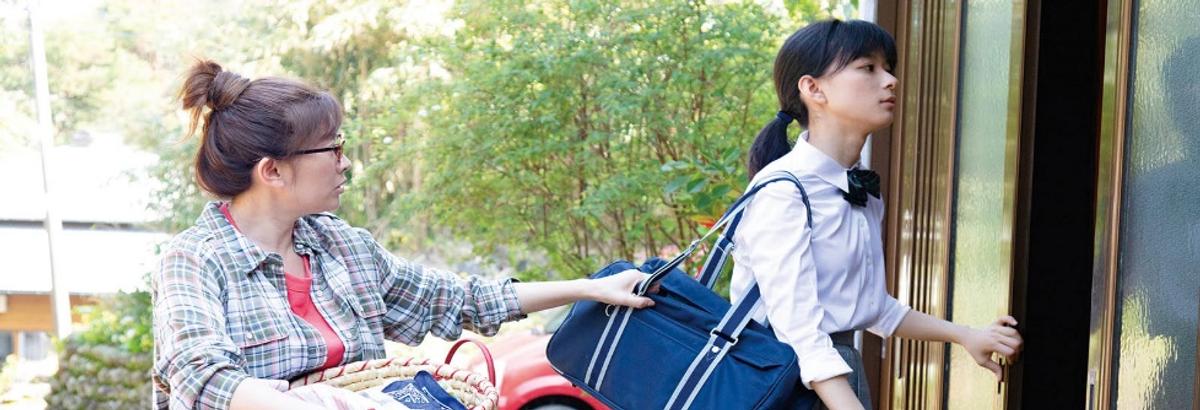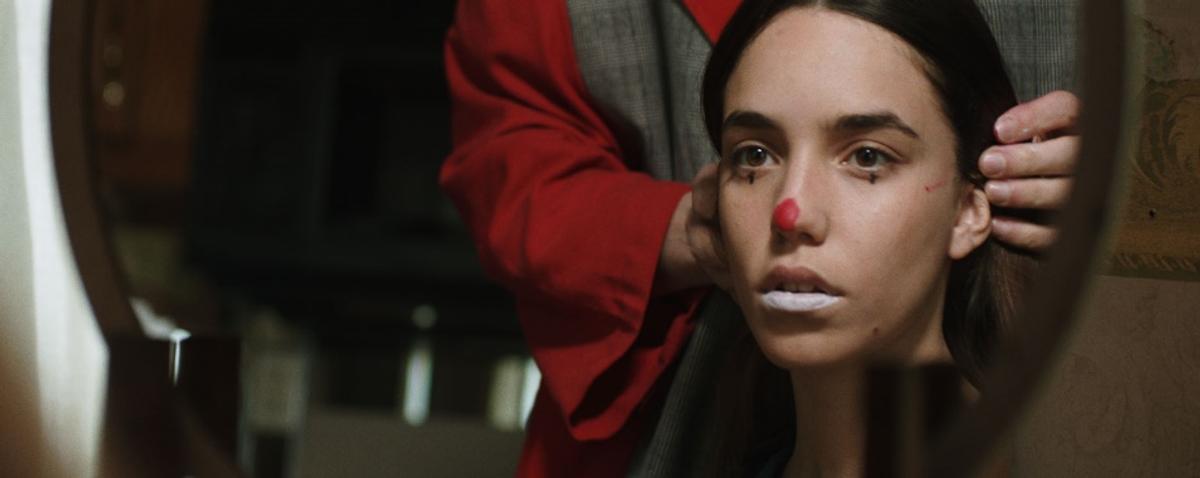Faculty News

Hello to all the friends in our Mazenod community
from the Languages Department
As our Year 7 to 10 students are participating in a whole new way of language learning and our VCE students are working hard with their dedicated language teachers towards their final written and oral exams, whatever form they may take, I thought I’d take this opportunity to write about a very engaging and authentic way to enhance language study. Film!
This year the Melbourne International Film Festival was not going ahead due to the pandemic, however a very generous Melbourne property developer, producer, and philanthropist, has funded the facilitation of a different MIFF. The school’s program is offering up to thirty hour access to suitably rated films which can be enjoyed by the whole family at home.
The three movies that we hope to gain access to (I say "we hope", as there are only limited licenses and it’s a very competitive market), are a Mandarin film, White Snake, a Japanese film, Bento Harassment and an Italian film, Nevia.
White Snake, in Mandarin, suitable for twelve years and over, is an animated adaption of a Chinese folk legend. The themes are good versus evil, identity, power and corruption and Daoism/Taoism.
Bento Harassment, in Japanese, is a comedy drama, suitable for ten years and over, about family conflict and reconciliation, food, grief, traditions and customs.
Nevia, in Italian, is a coming of age drama, suitable for fourteen years and over, about Nevia, a ‘Napolitana’, living with her grandmother and younger sister. The film explores class systems, gender roles and community.
Watching foreign language movies can be another way to practise a language, however it definitely doesn’t happen by passively watching. Just like using flashcards to help study a language, watching film to study a language won’t help if you just do it once without any focus. In order for watching a film in your target learning language to help you, you need to actively focus on the language used in the film, watch little bits at a time and re-watch the same bits for greater language absorption, mimic the pronunciation of the words and try and recall colloquial language so your own use of that language is natural and native like. Reading subtitles in English can also help your literacy, with focus on vocabulary, spelling, sentence structure and punctuation.
I’m sure, like me, Netflix is being well used in your home. Instead of passively watching films in English, change the language setting to Mandarin, Italian or Japanese and use your ‘box’ watching time to your advantage. This will not replace the tried and tested study techniques your teachers suggest, like the flashcard method but it will give you a chance to hear your language naturally and in context.
In our time of staying home we can be entertained and study all in one.
Good luck everyone and happy watching.
Yolanda Bonica
Languages



